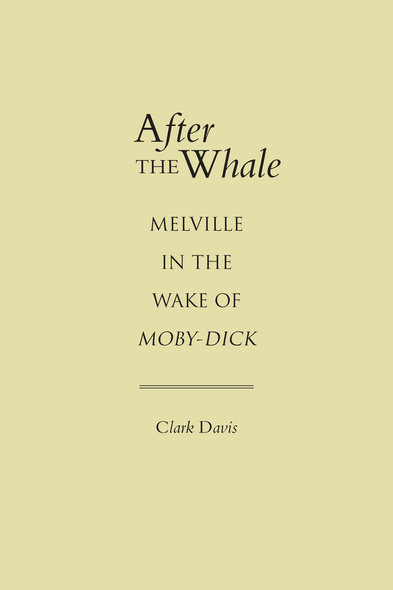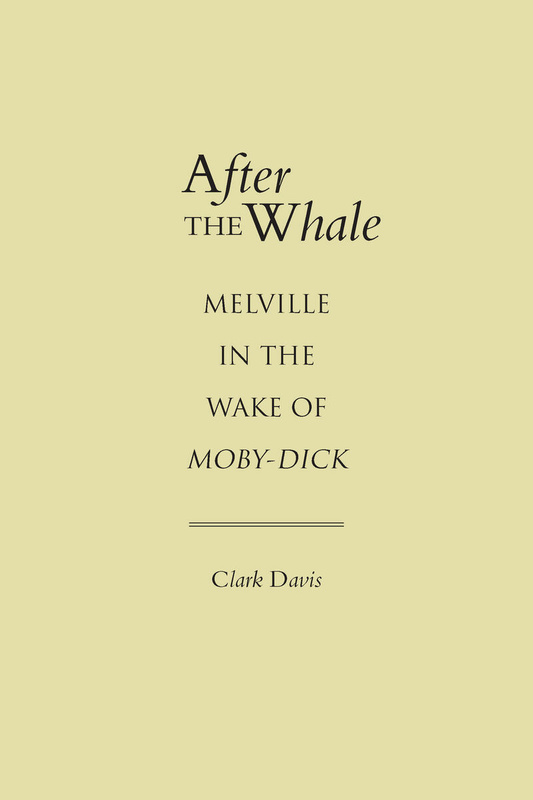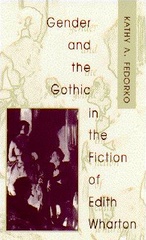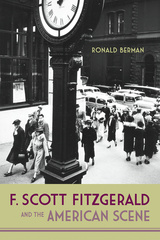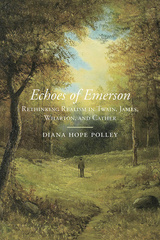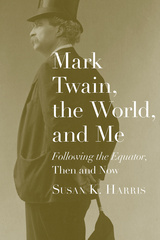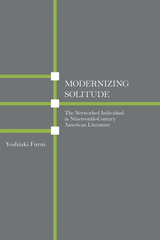The study focuses on Melville’s vision of the purpose and function of language from Moby-Dick through Billy Budd with a special emphasis on how language—in function and form—follows and depends on the function and form of the body, how Melville’s attitude toward words echoes his attitude toward fish. Davis begins by locating and describing the fundamental dialectic formulated in Moby-Dick in the characters of Ahab and Ishmael. This dialectic produces two visions of bodily reality and two corresponding visions of language: Ahab’s, in which language is both weapon and substitute body, and Ishmael’s, in which language is an extension of the body—a medium of explanation, conversation, and play. These two forms of language provide a key to understanding the difficult relationships and formal changes in Melville’s writings after Moby-Dick.
By following each work’s attitude toward the dialectic, we can see the contours of the later career more clearly and so begin a movement away from weakly contextualized readings of individual novels and short stories to a more complete consideration of Melville’s career. Since the rediscovery of Herman Melville in the early decades of this century, criticism has been limited to the prose in general and to a few major works in particular.
Those who have given significant attention to the short fiction and poetry have done so frequently out of context, that is, in multi-author works devoted exclusively to these genres. The result has been a criticism with large gaps, most especially for works from Melville’s later career. The relative lack of interest in the poetry has left us with little understanding of how Melville’s later voices developed, of how the novels evolved into tales, the tales into poetry, and the poetry back into prose. In short, the development of Melville’s art during the final three decades of his life remains a subject of which we have been afforded only glimpses, rarely a continuous attention. After the Whale provides a new, more comprehensive understanding of Melville’s growth as a writer.
*
‘An important, well-executed study. With intelligence, conviction, assiduity, skill, and considerable economy, Davis has drawn a convincing line of connection through Herman Melville’s later works. This book will be widely read and appreciated, taking its place among the more important studies of Melville.’ —Stanton B. Garner, Professor Emeritus of English The University of Texas at Arlington
Davis has written an excellent and thorough study of the dualism in Melville’s later works, ending with Billy Budd, in which Billy represents the body and Claggart the mind. David has emphasized Melville’s work as a search for meaning and answers, which he convinces us is one of the best ways to approach so complex a writer.’ —Studies in Short Fiction
Clark Davis is professor in the Department of English and Literary Arts at the University of Denver. He is author of It Starts with Trouble: William Goyen and the Life of Writing.
Preface
Acknowledgments
Part I. Moby-Dick and After
Chapter 1. Moby-Dick and the Divided Body
Chapter 2. Language and the Ascetic Body in Pierre and “Bartleby”
Chapter 3. Israel Potter and the Search for the Hearth
Part II. The Limits of Form
Chapter 4. Toward Deception: The Short Fiction and the Failing Body
Chapter 5. Inverted Worlds: “Benito Cereno” and The Confidence-Man
Part III. Reshaping the Lost Debate
Chapter 6. The Fissure in the Hearth: Battle Pieces
Chapter 7. Clarel and the Search for the Divine Body
Chapter 8. A Question of Distance: The Late Poetry
Part IV. An Open Ending
Chapter 9. Billy Budd and the Touch of a God
Epilogue
Notes
Bibliography
Index

